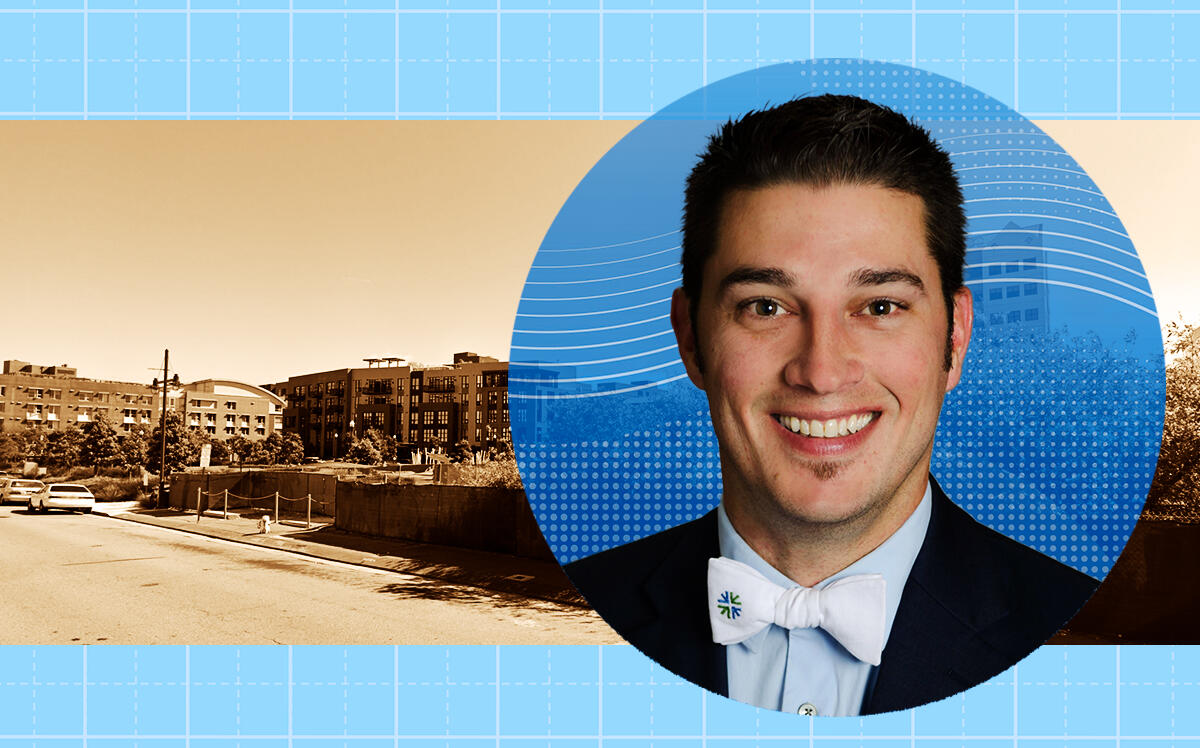A crush of developers are vying to build more than 300 homes on a city-owned lot in Emeryville.
Six groups of developers have submitted offers to redevelop a 2-acre property at 5890-6150 Christie Avenue, the San Francisco Business Times reported. The city issued a request for proposals this year.
The trio of parcels, known as the Christie sites, has long been earmarked by the pro-development city for affordable housing. They were purchased by the now-defunct Emeryville Redevelopment Agency in the 2000s.
Emeryville now seeks projects with at least 300 apartments or for-sale condominiums, of which at least 25 percent would be affordable, according to the June request. It’s not clear when the city will choose the sites’ developers.
The Christie sites are less than a block from the Emeryville Public Market, and are “one of the last remaining large redevelopment opportunities” for the city, according to a staff report.
They could fit as many as 170 units per acre, using local and state density bonuses, which allow developers to build affordable units in exchange for more homes than allowed by zoning rules.
A July meeting about the Christie sites drew more than 70 people interested in their redevelopment, according to the Business Times. The six development teams to submit proposals hail from across the nation.
They include a team made up of Praxis Development and California Landmark Group, both based in Los Angeles, and Satellite Affordable Housing Associates of Berkeley.
They also include Highridge Costa, based in Gardena; The Pacific Companies, based in Idaho; and New York-based Jonathan Rose Cos., teamed up with Resources Community Development of Berkeley.
Related California, based in Irvine, has also stepped up in a joint venture with East Bay Asian Local Development Corp. of Oakland.
The city can contribute as much as $23.66 million toward the redevelopment of the Christie sites, according to staff reports. Emeryville earlier this month reported it had about 400 housing units seeking approvals. The Christie sites would nearly double that pipeline.
— Dana Bartholomew
Read more


